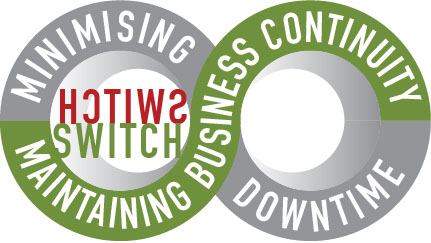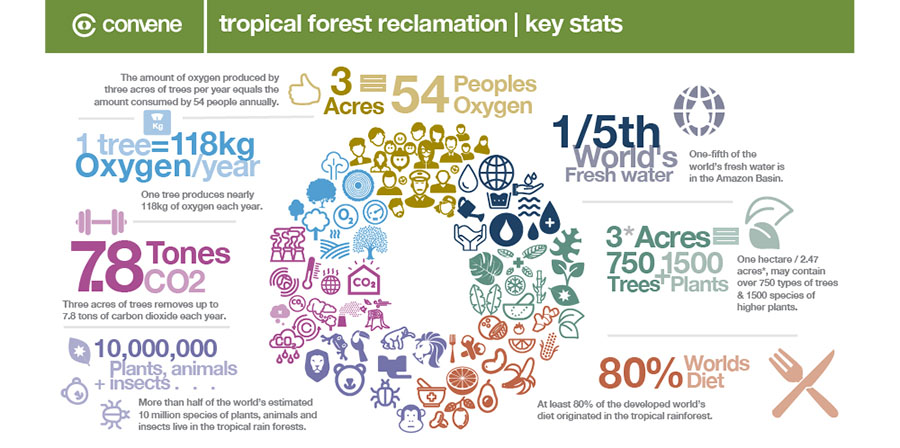At the recent ICSA ‘Governance Beyond the Pandemic’ conference, we were delighted to sponsor the fascinating breakout session, ‘ESG: A new dawn’ with Kate Larsen, Susan Hooper, Daniel Neale, Leon Kamhi and Andrew Wallis. The panel discussed how ESG plays a part in the success of businesses as they move beyond the pandemic and through what is looking like a prolonged recession.
Before the onset of the coronavirus pandemic, environmental and social governance (ESG) issues were high on board’s agendas. While lockdown has offered a glimpse of a cleaner, more environmentally focused future, it hasn’t solved the issue of supply chains or ESG ranking.
"Delivering a net zero economy by 2050 will require urgent action from businesses across all sectors. Companies must respond to growing demand from investors and customers by making climate change a Boardroom priority. Firms that act now will not only play their part in avoiding the devastating impact of climate change but also steal a march on their competitors."
Carolyn Fairbairn, Director-General - Executive Committee, CBI
Andrew Wallis from Unseen began with some sobering facts about modern slavery - there are still 24.9 million victims of forced labour globally, and this figure has not changed significantly for 30 years since the Nike child labour story hit the headlines.
Wallis acknowledged how lucrative this sort of workforce is for business, but questioned why so little has changed when we have had so many warnings, using the analogy of a Tsunami – “do we act now that we’ve had enough warnings, and do ‘the right thing’?” He wants to change the metrics from a profit to a sustainable model.
Karen Larsen from SupplyESChange spoke about the risk in supply chains and the need for due diligence to avoid breaking new laws around business human rights. Larsen used the example of Uyghurs forced labour camps which identified 83 foreign and Chinese companies as allegedly directly or indirectly benefiting from the use of Uyghur workers outside Xinjiang through potentially abusive labour transfer programs.
Susan Hooper from Chapter Zero talked about the ambiguity and uncertainty for board members when targets are not clear and how often businesses don’t have a strategy. Hooper acknowledged how hard it might be to ask questions around ESG when sometimes there is a plan but more often there is just one page in a report. She also knows it’s easier to greenwash than to forward plan, especially when executive leaders are not brought in.
But Hooper recommended asking 3 questions of the Board:
- What’s the company strategy? “Show me the plan…”
- Is the leadership ready? Do we have the ‘mental medicine’ to be brave leaders and stand up to investors?
- Can we practice accountable execution? Choose a pond and fish in it which will help directors become ‘climate confident’.
Chapter Zero also have a Board Toolkit to help non-executive directors understand the key issues relating to climate change and ensure that their businesses have the right strategic plans in place to identify and successfully address climate change challenges.
Leon Kahmi from Federated Hermes was more positive about the direction Boards are going, and feels that they are much better than 20 years ago. This could be in part to do with Section 172 around effective board governance. One recommendation is to have a ‘worker’ on the board which helps bring a new voice to the table. Kahmi thinks having the right stakeholders will better support ESG.
Daniel Neale from the World Benchmarking Alliance ended the session by giving some tips on how to help boards realise and implement ESG goals:
- leading from the top on due diligence using the Guiding Principles for Business and Human Rights: Implementing the United Nations “Protect, Respect and Remedy” Framework
- ensuring board competency
- seeking broad stakeholder engagement
It was clear from the discussion how important it is for companies to take ESG seriously in the interests of various stakeholders as well as wider society and that good governance is therefore vital. Our digital board portal contains all the tools a board needs for effective meetings, either in-person or remotely. With sustainability at the centre of what we do, Convene can help your board practice good governance, achieve your ESG goals whilst ensuring a green supply chain!









